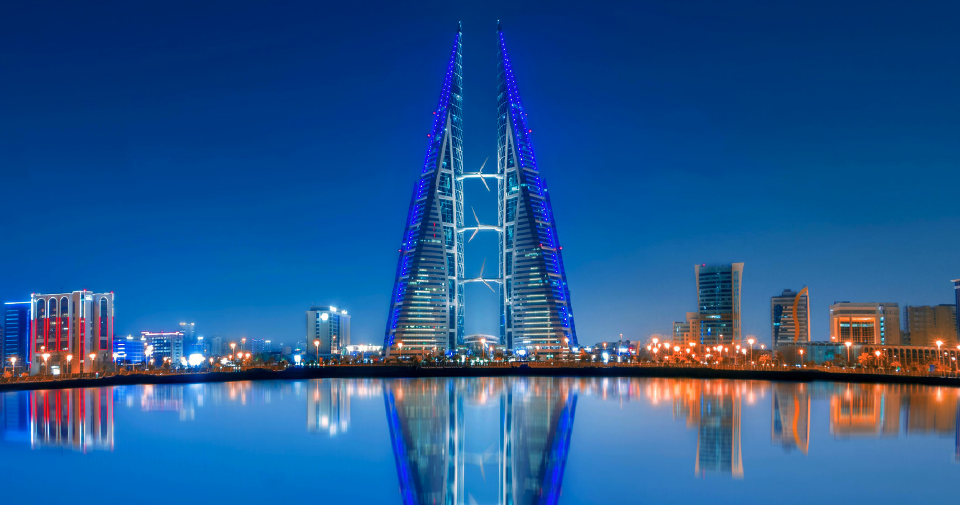The Live Riga marketing campaign paid immediate dividends in its first three months, with December, January and February all registering a sharp uptick in the number of visitors to Riga from the seven countries targeted in the launch campaign – Estonia, Finland, Germany, Lithuania, Norway, Russia and Sweden. “We see that successful city branding, if done professionally, brings immediate and clear results,” says airBaltic’s chief commercial officer, Tero Taskila.
One welcome focus of the flawed property boom was on building new hotels, with the result that Riga now boasts accommodation to suit every taste and pocket, ranging from bargain-basement hostels to glitzy five-star spa complexes.
Access intelligence that drives action
To unlock this research, enter your email to log in or enquire about access



